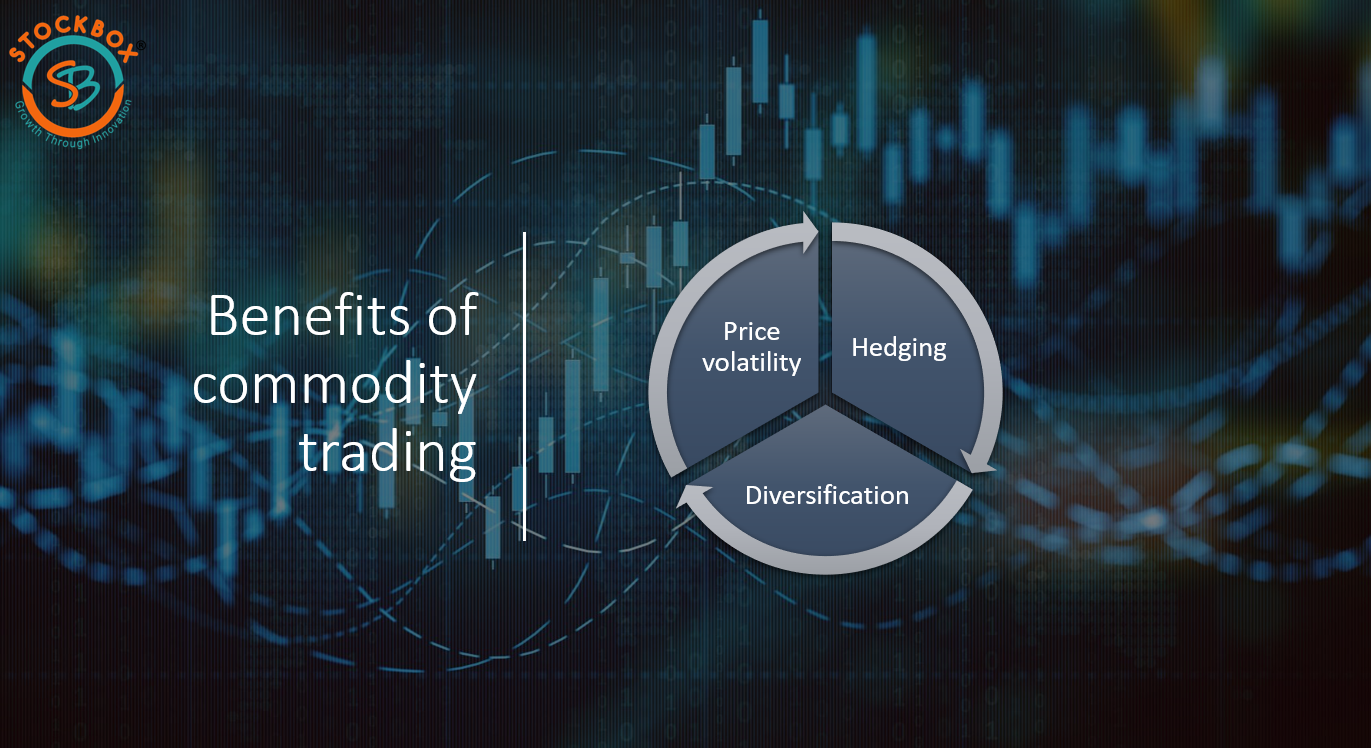The term “commodity trading” refers to the purchasing and selling of unprocessed or “primary items,” often those derived from agriculture or resource extraction, such as crops, metals, oil, and gas.
Sale and purchase of these products are made by commodities traders on exchanges like the Multi Commodity Exchange of India (MCX) to profit from fluctuations in the price of the underlying commodity.
Commodity trading in India
In India, commodity trading can be done by using two different financial instruments: commodity options and futures.
Commodity Options: It is a contract that grants the buyer the right—but not the obligation—to purchase or sell a commodity at a specific price on or before a given date. For this privilege, the option buyer gives the seller a premium.
Futures contracts: It is used for the purchase or sale of certain commodities at preset prices at future dates. Contrary to options, futures contracts are legally binding, obliging both the buyer and the seller to sell the commodity at the agreed-upon price.
Commodity futures and options are both utilized for speculation and hedging. Hedgers employ these instruments to guard against possible losses brought on by price changes, while speculators use them to benefit from price changes in the commodities markets.
How traders can benefit from commodity trading
Price volatility: Commodity prices are sometimes erratic, giving traders the chance to profit by buying low and selling high and vice versa.
Diversification: Commodity trading may help an investment portfolio diversify by lowering overall risk through exposure to a variety of assets, each of which may perform differently depending on the state of the market.
Hedging: Commodities can be used as a hedge against currency and inflation changes. Commodities can be purchased by traders as a hedge against the diminishing buying power of money.
The factors which can influence the prices of commodities are:
Supply and Demand: The price of commodities also follows the law of supply and demand which states that a commodity’s price will increase if consumer demand outpaces supply and decrease if supply outpaces demand.
Manufacturing costs: The price of a commodity may be significantly influenced by the cost of production, which includes labour, raw materials, and energy.
Economic factors: Commodities’ prices can be impacted by variables including inflation, interest rates, and currency exchange rates.
Geopolitical events: Trade agreements, natural catastrophes, wars, and other geopolitical events can also alter the price of a commodity by disrupting its supply chain.
Weather and climate: The production and supply of some commodities can be significantly impacted by extreme weather events and long-term changes in climate trends.
Technological Advances: New technologies can result in more effective manufacturing processes, which can impact supply and demand as well as the commodity price.
Note: Trading in commodities is regarded as a high-risk investment and may lead to considerable losses, particularly if a trader lacks the required skills and understanding.

